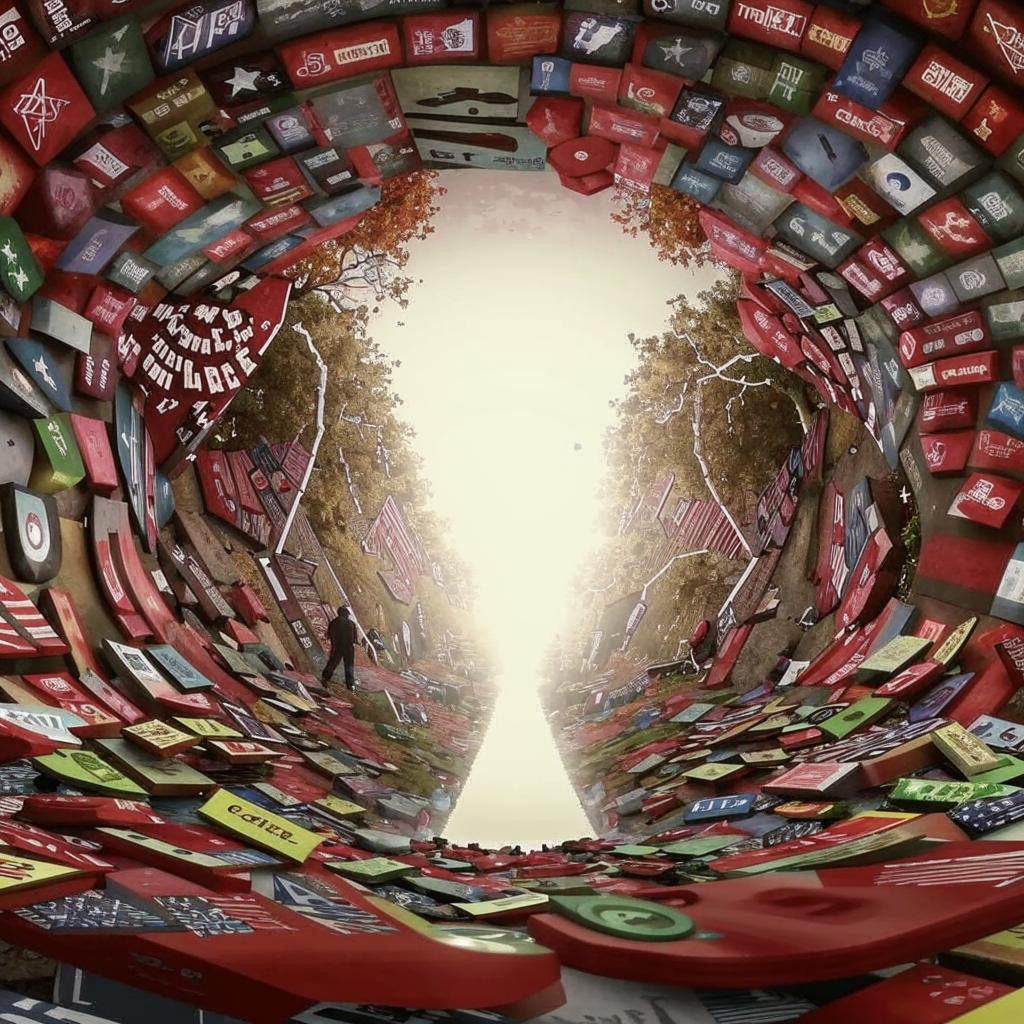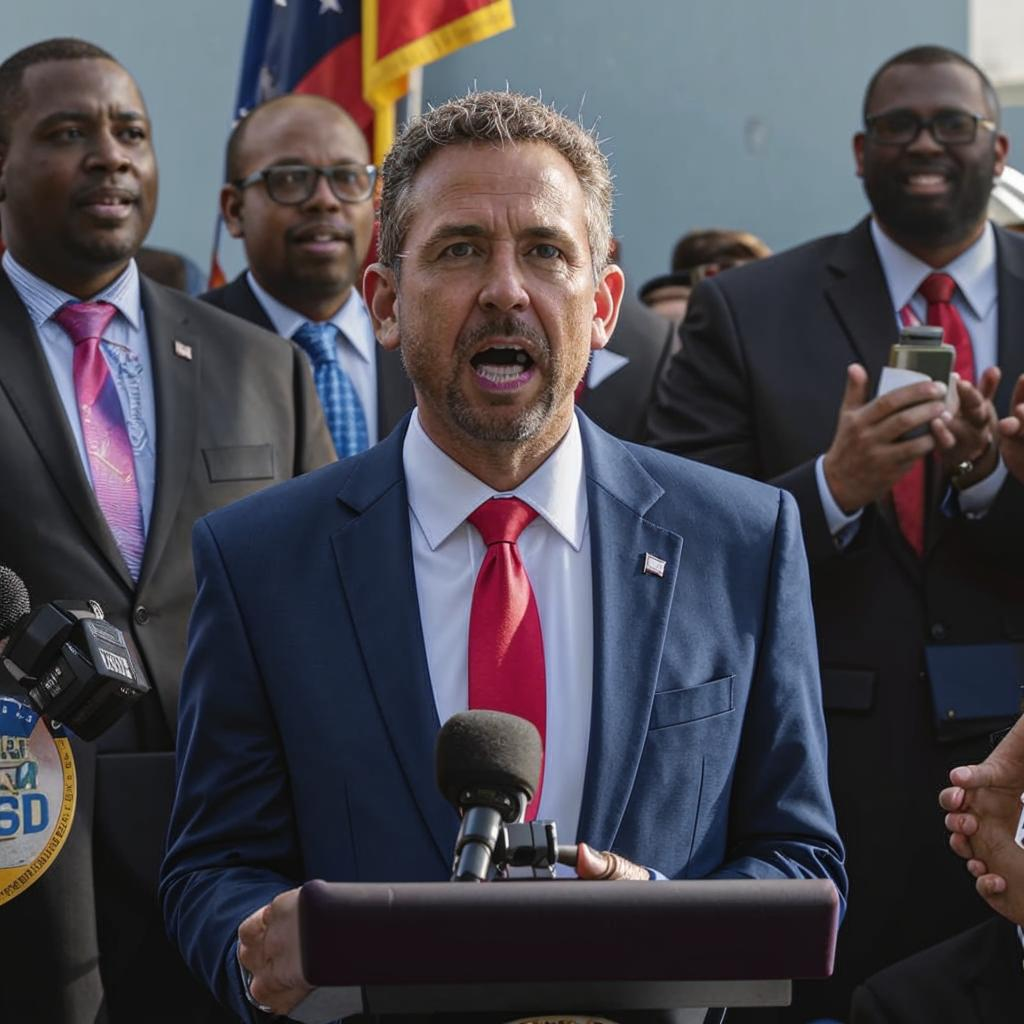The increasing political polarization in the United States is a major concern, eroding social cohesion and hindering progress on critical issues. The divide manifests across multiple dimensions – ideological, geographical, and cultural – fostering animosity and distrust among citizens.
Online platforms, particularly social media, contribute significantly to this problem. Echo chambers and algorithms amplify partisan content, reinforcing existing beliefs and limiting exposure to alternative perspectives. This creates further misunderstanding and hostility.
Political polarization influences policy-making, leading to gridlock and difficulty in addressing pressing national challenges. The rise of extremist views on both sides of the political spectrum complicates matters, making consensus-building even more difficult. Political discourse often devolves into personal attacks and the demonization of opponents, discouraging thoughtful debate and compromise.
Reversing this trend requires a multifaceted approach. Fostering media literacy and critical thinking skills is essential to help people discern facts from falsehoods. Encouraging constructive dialogue across ideological lines, promoting civil discourse, and supporting community engagement are important steps. Strengthening democratic institutions and electoral reforms could also reduce partisan influence. Ultimately, addressing political polarization requires a commitment from individuals, communities, and political leaders to prioritize unity and cooperation over division.















